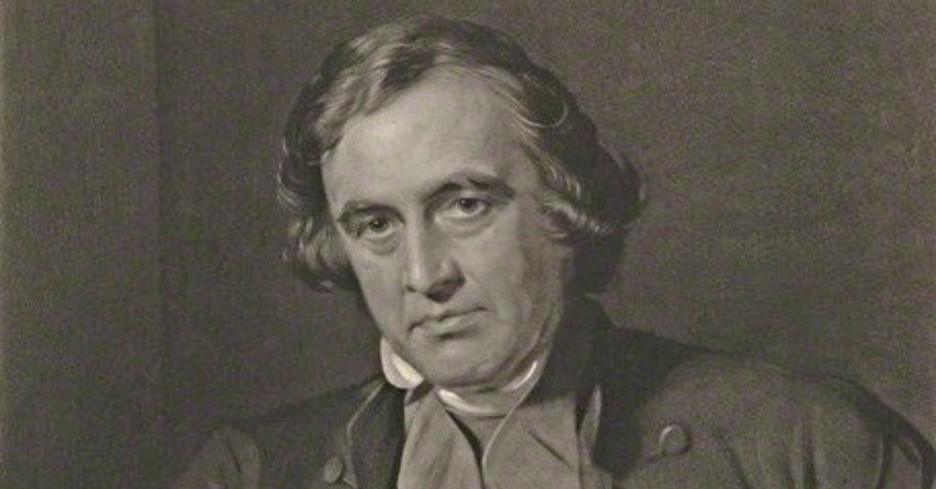
Richard Trench loved words. His whole life was made rich with the study of them and those studies made the clergyman famous and have benefited generations of Bible scholars. One of his word books, New Testament Synonyms, is still helping pastors and students around the world.
Richard was slow at finding what he wanted to be in life. Born in Dublin, Ireland in 1807, he attended elite English schools where he did well. At Cambridge he became one of the idealists known as the "Apostles." Famous members have included the Christian Socialist F. D. Maurice, Bible scholar Fenton Hort, and physicist James Clerk Maxwell.
After graduation, Richard (whose ancestry went back to exiled Huguenots) displayed an adventurous and idealistic streak which led him to throw his support behind Spanish exiles in an 1830 attempt to overthrow King Ferdinand VII. The scheme ended in disaster. Richard escaped with his life because he was at Gibralter.
Until this time, Richard had been unsure what to do with himself. He had thought of going into law. However, there were clergymen in the family and he was ordained as a deacon the same year that he married. Three years later, on this day, July 5, 1835, he was ordained as a priest in the Church of England.
That same year, Richard published the first of his books, a life of Justin Martyr in verse. A few years later he issued Notes on the Parables of Our Lord. Other books on the Scriptures followed: on Solomon's Proverbs, Christ's Miracles, the Sermon on the Mount, the Gospels, and John's letters to the seven churches of Asia.
In 1852 he published a popular study of words. In this, he showed how language is molded by character and molds character. "[Language] is full of instruction, because it is the embodiment, the incarnation, if I may so speak, of the feelings and thoughts and experiences of a nation, yea, often of many nations, and of all which through long centuries they have attained to and won." Just two years later, he published his New Testament Synonyms which shows various shades of meanings in the Greek words. In all of his books, he showed deep wisdom, as for instance, when he wrote: "We must not conceive of prayer as overcoming God's reluctance, but as laying hold of His highest willingness."
Another example: "No man can be without his god. If he have not the true God to bless and sustain him, he will have some false god to delude and to betray him....For every man has something in which he hopes, on which he leans, to which he retreats and retires, with which he fills up his thoughts in empty spaces of time, when he is alone, when he lies sleepless on his bed, when he is not pressed with other thoughts; to which he betakes himself in sorrow or trouble, as that from which he shall draw comfort and strength -- his fortress, his citadel, his defense; and has not this a good right to be called his god?"
Richard went on to become Bishop of Dublin where his gentle character, sympathetic spirit and godly life did much to ease the awkward transition during which his church ceased to be the state church of Northern Ireland. He died in 1886 after a long illness, beloved by all.
Bibliography:
- Julian, John. Dictionary of Hymnology. 1892.
- Trench, Melesina. Richard Chenevix Trench Archbishop; letters and memorials. London: Kegan Paul, Trench & co., 1888; source of portrait.
- "Trench, Richard Chenevix." Encyclopedia Britannica. Encyclopedia Britannica, 1911.
- "Trench, Richard Chenevix." The Oxford Encyclopedia of the Christian Church edited by F. L. Cross and E. A. Livingstone. Oxford, 1997.
- Trench, Richard C. On the Study of Words. Twentieth edition, 1888.
- Various minor web articles or entries.
Last updated July, 2007


